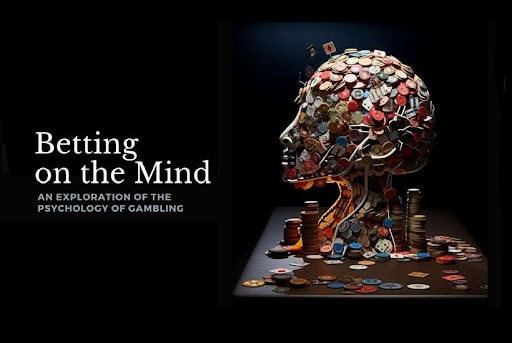Wales, like many other nations, has a complex history with gambling. From local pubs with their traditional slot machines, to more modern casinos in major cities such as Cardiff, gambling has found a place in the Welsh cultural ethos.
There is an interesting historical element regarding gambling in Wales. In the 19th century, during the period of the ‘Welsh Awakening’, many Welsh citizens joined religious movements that condemned gambling practices. However, as time passed, Welsh society adopted a more liberal approach, while maintaining a degree of caution.
Today, the great universe of gambling can be read under different lenses. There is the economic one, which speaks of a real industry, the social one, which looks at this sector as a phenomenon of fashion and custom. There is the historical and cultural aspect, the political and the technological. But few have thought about the psychological one.
The psychology of the Welsh gambler may differ somewhat from that of other cultures due to specific cultural and historical influences, but generally the factors that relate the psyche to the game are very similar throughout the world.
The ebook published by Silvia Urso of Giochidislots, an in-depth volume available online that plumbs the depths of our unconscious when we approach a game of poker, a bingo game or a spin on the slot machines, provides clarity in this regard.
Take for example Sigmund Freud’s psychoanalytic analysis, which proposes a model of our mind divided into three major environments: id, ego and superego. In the book of Giochidislots we read how these components can be correlated to the behaviour of the player, starting with the id, which drives the desire for immediate gratification, the one that comes through the thrill, the risk, and looks at potential wealth, passing through the superego, which is the mainspring responsible. Finally there is the Ego, which mediates between the impulses of one and the warnings of the other. This is how, in short, our unconscious desires, repressions and unresolved conflicts are expressed through play activities.
Very interesting is the part related to cognitive bias, mental processes that generate information and beliefs based, however, on errors of judgement. It is, in fact, normal for the player to think that future probabilities may be linked to or influenced by past events or that a series of wins and losses are destined to continue. Irrational errors that are easily unmasked, if one thinks that all combinations and thus the results of bets, slots or the like are totally random and moved exclusively by algorithms and mathematical workings.
However, it is not uncommon to encounter players convinced that they have total control over their gambling activities, or those who run into what the book defines as the ‘availability heuristics’ bias, i.e. a mental deception that consists in overestimating the chances of a given event. An important journey, in short, into our minds, which also reviews other aspects such as the role of superstition and ethics, shifting attention to the moral, emotional and social components of gambling. A book of analysis and insight into a total phenomenon, investigated at 360 degrees.
Help keep news FREE for our readers
Supporting your local community newspaper/online news outlet is crucial now more than ever. If you believe in independent journalism, then consider making a valuable contribution by making a one-time or monthly donation. We operate in rural areas where providing unbiased news can be challenging. Read More About Supporting The West Wales Chronicle






















